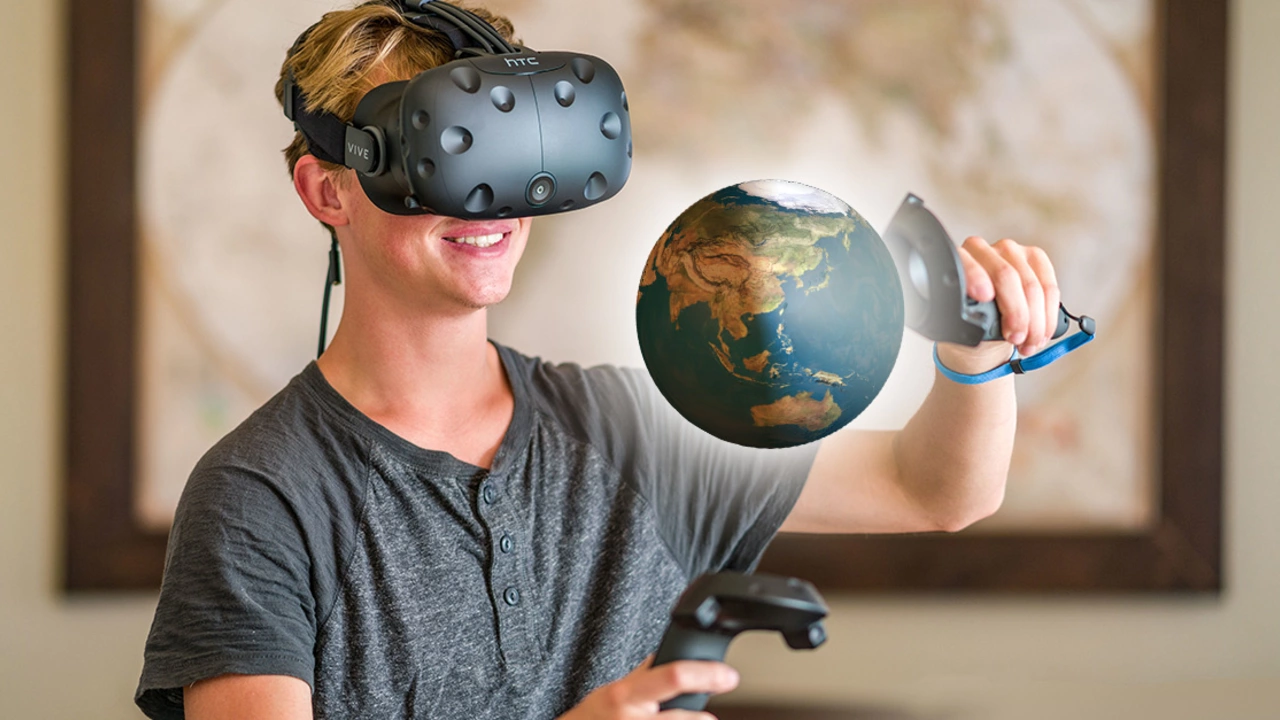
What will Oculus Rift mean for education?
Unveiling the Future: Oculus Rift and Education
Picture this folks: you’re whisked away to Ancient Rome in a jiffy, right in the middle of the Colosseum, with the gladiators fighting right in front of you, and a crowd roaring in real-time 3D animation. Sounds fun and exhilarating, doesn't it? But let's say this isn't an excerpt from some adventurous VR game, but rather a history lesson. Yes, you heard that right - a history lesson! This is exactly where technology like Oculus Rift could take education. If you've been keeping an ear out, Oculus Rift has been making rounds not just in the gaming world, but also in sectors like healthcare, military, and more emergingly - education.
The Leap into Immersive Learning
Oculus Rift is essentially a virtual reality headset that lets users step into a 3D virtual world, offering a fully immersive sensory experience. Imagine how engaging education could be when classrooms extend beyond the physical world. I still remember those yawn-inducing biology lessons about plant cell anatomy back in high school. I mean, squinting over faint slides under the microscope and struggling to decipher little blobs does make you feel like a scientist, but let's just say it wasn't my cup of tea. With technology like Oculus Rift, hypothetical situations could become virtually real—students could explore the human body by stepping inside it, or dive into the Mariana trench, all while sitting in the classroom.
The Inclusion Factor
One incredible advantage of Oculus Rift in education is the level of inclusivity it brings. Remember my classmate Jimmy? I still remember the day when we had a field trip to the local art museum. Jimmy, even though he was physically impaired, was the most excited one among us all. But due to his mobility issues, he was often left out from such school excursions. Now imagine a technology where Jimmy or any other physically disadvantaged student could experience the same or even more without leaving their comfort zone. That, my dear readers, is the potential of Oculus Rift in creating inclusive classrooms.
Solving the 'Boring Mathematics' DilemmaLet's say it out loud, shall we? Mathematics isn't the most beloved subject for many students, and it's not entirely their fault; abstract concepts and numbers can be hard to grasp. But what if students could walk around graphs, observe patterns from different perspectives, and manipulate equations in virtual reality? It's like turning mathematics into an interactive game where every student could learn at their own pace and fun. Such is the possibility of Oculus Rift in revitalizing subjects perceived as 'boring' or 'difficult'.
Preparing for 'Real' Life
It's a known fact that not all the skills needed to thrive in the real world are taught in school. But with Oculus Rift, schools could potentially offer classes in real-life skills. It could be a safe space to learn about traffic rules, home repairs, first aid, or even cooking. The advantage here is that students can make mistakes without fear of actual harm, allowing them to learn better. Now, if you would excuse me, I have a virtual soufflé in the oven that I need to check on!
The Teacher's New Best Friend
As much as Oculus Rift could revolutionize learning experiences for students, it's also a powerful tool for teachers. Tailoring lessons to meet all kinds of learners, visual or kinesthetic, is no easy feat. When I was a kid, Mr. Jennings, my art teacher, had a hard time teaching me perspective drawing. No matter how he explained, I couldn't grasp it. With Oculus Rift, teachers like Mr. Jennings could demonstrate complex concepts in an easier and interactive way, increasing the teacher's toolbox for differentiated instruction.
The Reality Check
While it's easy to get carried away by the promises of Oculus Rift in education, it's critical to remember that like any technology, it comes with its own set of challenges. Issues like cost, technical glitches, cybersecurity, and even motion sickness can't be overlooked. However, despite these concerns, the prospects offered by Oculus Rift in enriching, democratizing, and personalizing education are undeniably exciting and revolutionary.
In conclusion, Oculus Rift is just a stepping stone in what could be an astronomical leap in how education is conceived and delivered in the future. As Bob Marley once sang, "In this bright future, you can't forget your past". In our quest to embrace the future of education, it is essential to remember that technology should supplement, not replace, the human element that is at the heart of teaching and learning. Because at the end of the day, no VR headset can match the influence of a teacher who cares or a student's thirst for knowledge.